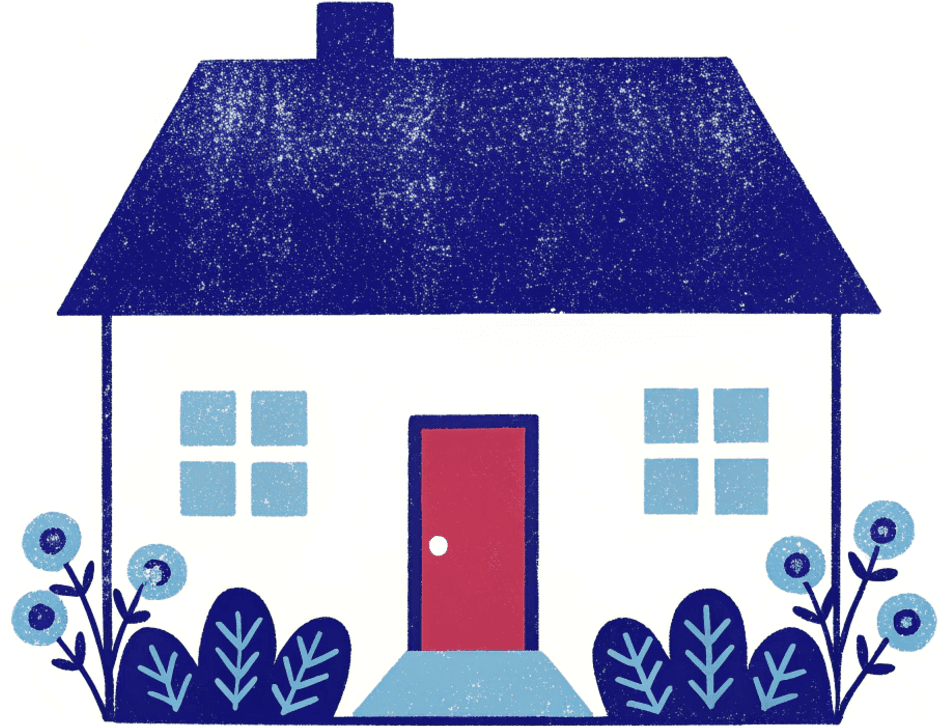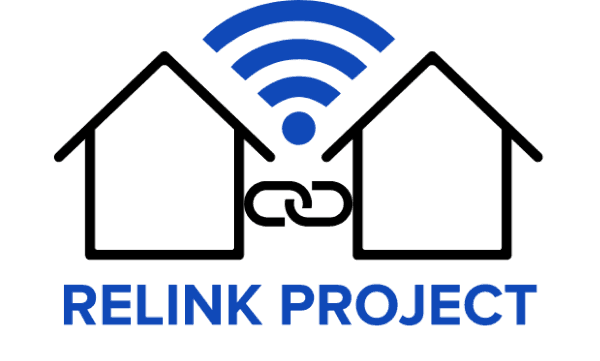




Smart home
device for
reducing water
usage
2022.
Vagoulabaranane,
N. van Dam, N. Garcia,
L. S. Duly, A. Spanjaard, J.
Developed as part of the European Project Semester at OsloMet, this project focused on developing a risk assessment model for smart devices, aiming to tackle the increasing security risks of connected devices within a home. The project aimed to provide a public-facing tool, targeting expert users and also global consumers, to help educate them on the risks of IoT devices within a smart home.
Findings
From their user research, the team found that the user’s biggest motivation is about saving money when it comes to their water bill. Users would also like an easier way to visualise what uses the most water in their homes. From their desk research, the group determined the correct water filter which would be used in their proof of concept, what type of water will be reused (greywater).
A proof of concept was created depicting where the smart device could be implemented, how it can calculate water usage, and how users could interact with the smart device through a website and app.
In regards to their proof of concept, the team found that their proposed solution was a good starting point of a system which reduces general water consumption in a household. They believe that the water system, when connected to a website and mobile application, can create much more awareness of water consumption amongst users.
Recommendations
The group recommends that further research should be done building upon this proof of concept, especially when considering how this smart device could be connected to other devices in the household. More research on existing and proprietary water filters could be conducted. The project emphasises the importance of combining user and desk research, and ensuring that users are not only given control of their water consumption but also additional knowledge. The project recommends that the proof of concept, although researched and targeted towards smart homes, can be extrapolated into larger homes and other forms of households.
